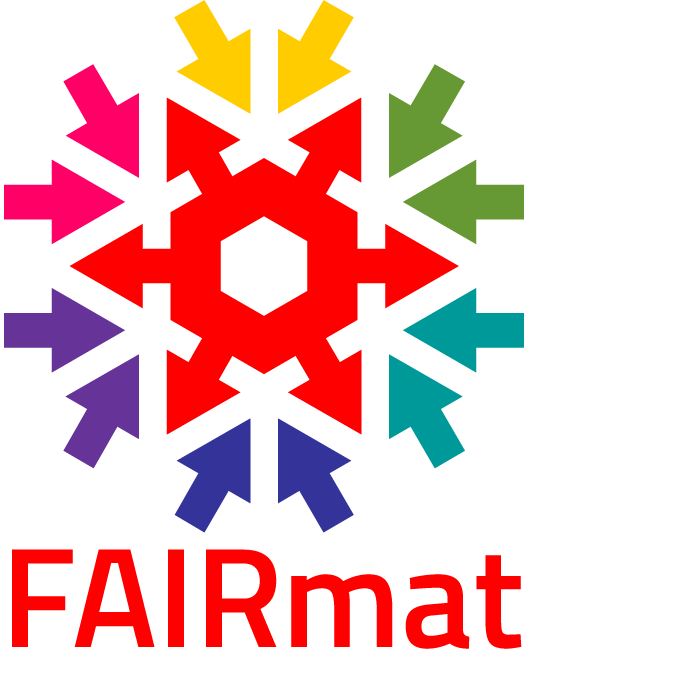Join our team!
We are looking for a Research Data Steward (TV-L E13) to work in the project SolMates. All genders are encouraged to apply.
Job Description
- Leading the development of the web-based research data management (RDM) platform NOMAD within the SolMates project, offering guidance to the research partners.
- Overseeing the full software development lifecycle in the project, from requirements analysis, specification and implementation to testing, versioning, release, and change management.
- Developing (meta-)data schemas, data converters, and electronic lab notebooks, in the context of advanced solar cell research.
- Implementing cloud-based image analysis tools synchronized with the RDM platform's database.
- Ensuring continuous availability to support project members in an agile work environment, including shorter and possibly longer stays at partner institutions for hands-on collaborations.
- Representing the project by presenting our contributions and innovations at (inter)national workshops, conferences, and in scientific publications.
Requirements
- Completed academic degree (master or similar) or Ph.D. in physics, materials science, computer science, or another relevant field.
- In-depth domain-specific knowledge of materials science (synthesis, characterization, and PV devices).
- Expert knowledge in object-oriented programming in Python, data modeling, and workflows.
- Experience with Linux, Docker, Kubernetes, and related virtualization technologies, as well as with Git, CI/CD, GUI, and UX development tools and technologies is a plus.
- Knowledge of Python. Experiences with type systems (e.g. Pydantic) and schemas (e.g. json-schema), HTTP and REST APIs are desirable.
- Experience with data visualization and scientific workflows.
- Excellent written and verbal communication skills in English.
- Strong teamwork skills.
What we offer
A stimulating, multidisciplinary working environment, a pay scale classification (TV-L), ample development opportunities, and flexible working hours. The SolMates team is based at the Humboldt-Universität zu Berlin. The project is funded until November 30, 2026.
Who we are
In the European project SolMates, a group of European and international research institutions in collaboration with pioneering companies will develop a new type of thin-film solar cell that combines efficiencies well beyond today’s standards with low environmental impact and unprecedented flexibility in application. By combining two thin-film photovoltaic technologies in a tandem solar cell on a lightweight, flexible foil substrate, new applications like photovoltaics integrated in electronic devices, vehicles, fabric, and airplanes will be possible and economically feasible. The tandem devices will be constructed from well-known and commercially available CIGS bottom cells that absorb the long wavelength light, combined with highly efficient top cells made of short-wavelength-light-absorbing perovskites. A unique interconnection strategy based on laser structuring and printing technologies will enable a made-to-measure photovoltaic module fabrication. The aim of the project is to upscale existing laboratory-size devices to an area of more than 100 cm2 reaching a power conversion efficiency of at least 25% and to transfer the technology to industry to enable a future mass production.
Our role in this ambitious project is pivotal. We will lead the development of the web-based research data management platform for materials synthesis and device characterization. We will oversee the installation and creation of (meta-)data schemes for the research at partner institutions, develop data converters, and electronic lab notebooks. Furthermore, we will implement cloud-based tools for image analysis built on top of the research management tools.
... Interested in joining SolMates?
Excited by the prospect of joining us? To apply, please submit a single PDF file containing your motivation letter, CV, certificates, and references by e-mail to Victoria Coors and Pepe Márquez (fairmat@physik.hu-berlin.de).
